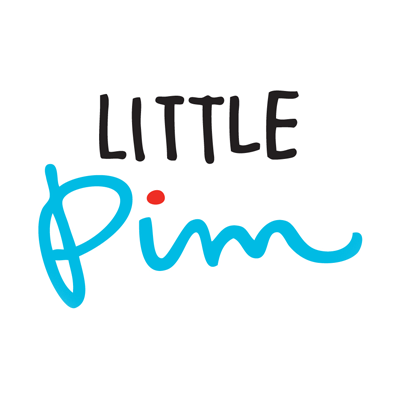On August 19th the New York Times ran a front-page story about the growing interest among New York parents raising their kids to be bilingual “Looking for Baby Sitters: Foreign Language a Must.” Here at Little Pim, we know this is more than just a New York, or an East Coast phenomenon. We talk every day with parents, grandparents and aunts and uncles from South Carolina to Montana to Seattle who are looking for ways to introduce the kids in their lives to a second language from the earliest age.
We see that it's not just people who speak two languages themselves that want their kids to learn a foreign language, but forward-looking parents everywhere. Parents are signing up their kids for immersion schools, buying language-teaching products and seeking out online communities to help them raise their kids with two languages in increasing numbers. They have read the widely available research that shows that learning a second language improves memory, enhances analytic skills and is generally a great work out for the brain. They also know it’s a global economy, and want their kids to have a place in it.
The cognitive benefits are still being studied, but it is clearly beneficial. As psychologist and researcher on bilingualism Dr. Ellen Bialystok says in the article, “bilingual children do better at complex tasks.” While this doesn’t mean your child will automatically jump to the head of his Kindergarten class because he can say "tengo hambre", one mother notes that her bilingual son “tested in the 99th percentile for the city’s gifted and talented program.”
Research shows that bilinguals tend to have more grey matter in their brain than monolinguals and are better able to multi-task and problem-solve.
Why wouldn’t you want your child to have these benefits? Well, some people still think learning a second language will “interfere” with learning English. The article totally dismisses this persistent myth, while acknowledging there could be a short-term delay in children finding the right word to express themselves in the right language. But what many parents believe outweighs this short term delay is that their kids are learning at the time they learn languages best (up to age six), that early exposure guarantees them the best possible accent, and they may eventually speak both languages perfectly.
Speaking a second language is a skill that opens up a lifetime of educational, social and professional possibilities. “We view it as a gift we are giving him,” said one of the dads interviewed. With millions of American parents giving this gift, our kids can become more full participants in the increasingly multi-lingual country and world in which we are raising them.


